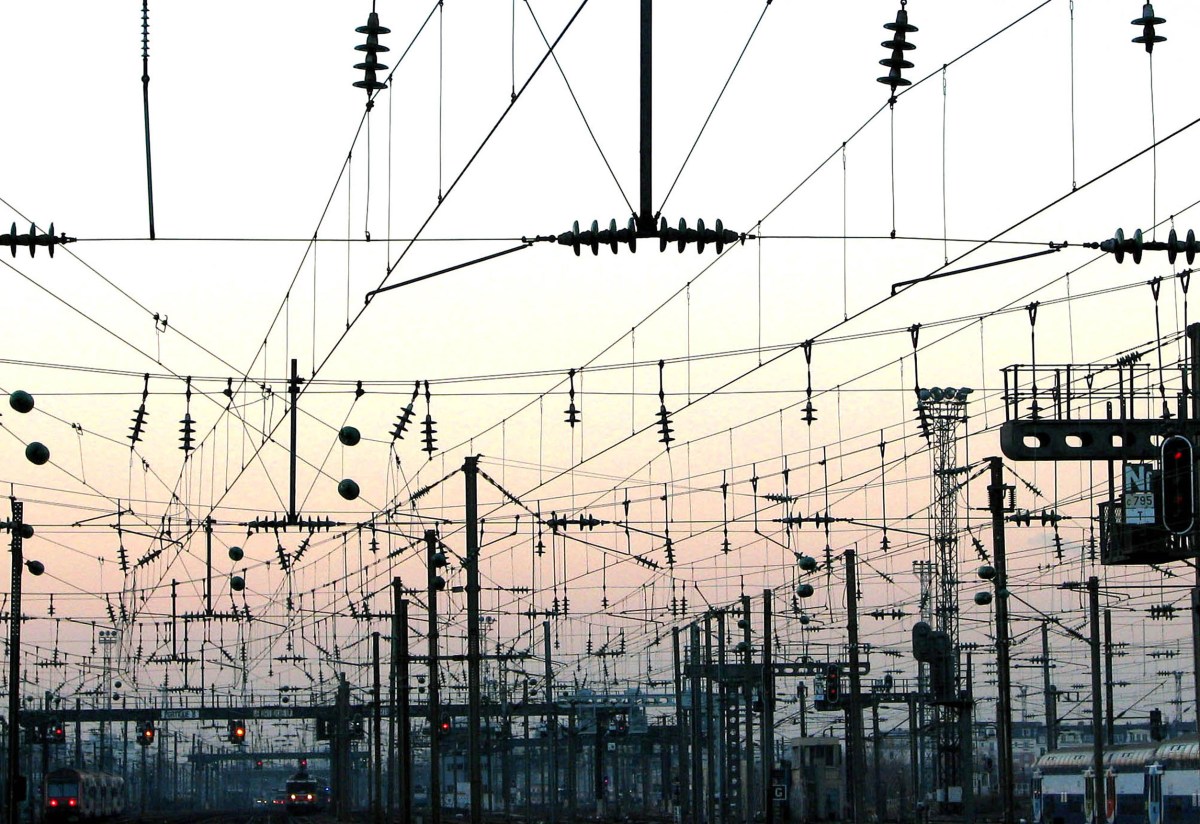Euro 2008 Wish List Down To Four
There are some unlikely allies bidding to host Euro 2008, including Greece and Turkey, two countries with a history of friction between them. However, they managed to work together. Turkish football has enjoyed a renaissance in recent years, culminating in their third place finish at the last World Cup. However, their reputation for violent crowd trouble may work against them.
Four Scandinavian countries are also still in the running after joining forces to bid, with Denmark, Finland, Norway and Sweden all prominent players in European football. However UEFA may decide that four is a crowd, plus they maybe reluctant to reward Sweden again, as they hosted Euro 92 (won by Denmark).
Scotland and the Republic of Ireland’s bid has also still in with a chance. There was much debate about whether the Scottish could successfully host the tournament on their own, but in the end they decided to join up with the Irish, but the man behind England’s winning Euro 96 campaign believes that they have made a mistake.
Glen Kirton said: "Had Scotland decided to go it alone, they would definitely have had a working advantage. They would have been quite unique among the realistic candidates. There is nobody else in there as a solo bid which has a chance of winning it. They have got a chance but there is very strong competition from the Austria-Switzerland and Nordic bids. The Irish stadia situation is a problem because, when the bid is awarded, UEFA need to be confident the country is going to be able to deliver."
Bosnia and Croatia were hoping that they won the race for the financial boost it would bring, though the political instability of the area following the Yugoslavian civil war of the 1990s did not aid their cause. Also, the rebuilding from the years of conflict still has some way to go, and there were doubts over whether it would be ready for the tournament.
Russia’s bid has also faltered, partly due to uncertain governmental support, and partly due to football-related riots this year. They almost withdrew last year as there was just one stadium – the Luzhniki – which was up to standard for an international tournament, and the government would not make assurances about finances until May this year.
Any uncertainty over whether the countries can live up to their promises could be fatal. UEFA will not want to face the same problems they have had with Euro 2004, where Portugal have had serious trouble building the necessary stadia in time for the tournament.

